Medical Waste
Featured Medical Waste Listings
Browse Medical Waste Companies
Medical Waste Ireland
Medical waste in Ireland poses a significant environmental challenge, with its impact growing alongside the increasing volume of healthcare-related refuse. As the country’s healthcare sector expands, so does the production of potentially hazardous materials, ranging from used syringes to pharmaceutical byproducts. This surge in medical waste not only strains existing disposal facilities but also raises concerns about potential contamination of soil and water resources. The environmental implications are far-reaching, necessitating a delicate balance between maintaining public health standards and preserving Ireland’s renowned natural landscapes.
To address these challenges, Ireland has implemented rigorous disposal methods and stringent regulatory compliance measures. Healthcare facilities across the country are now required to adhere to strict segregation and treatment protocols, ensuring that different types of medical waste are handled appropriately. Recent developments in Irish medical waste management include the introduction of new regulations aimed at enhancing sustainability and reducing the carbon footprint of disposal processes. These initiatives encompass advanced sterilisation techniques, increased recycling efforts for non-hazardous medical items, and the exploration of innovative technologies to minimize waste at its source. As Ireland continues to grapple with the complexities of medical waste management, these evolving strategies reflect a commitment to safeguarding both public health and the environment.
